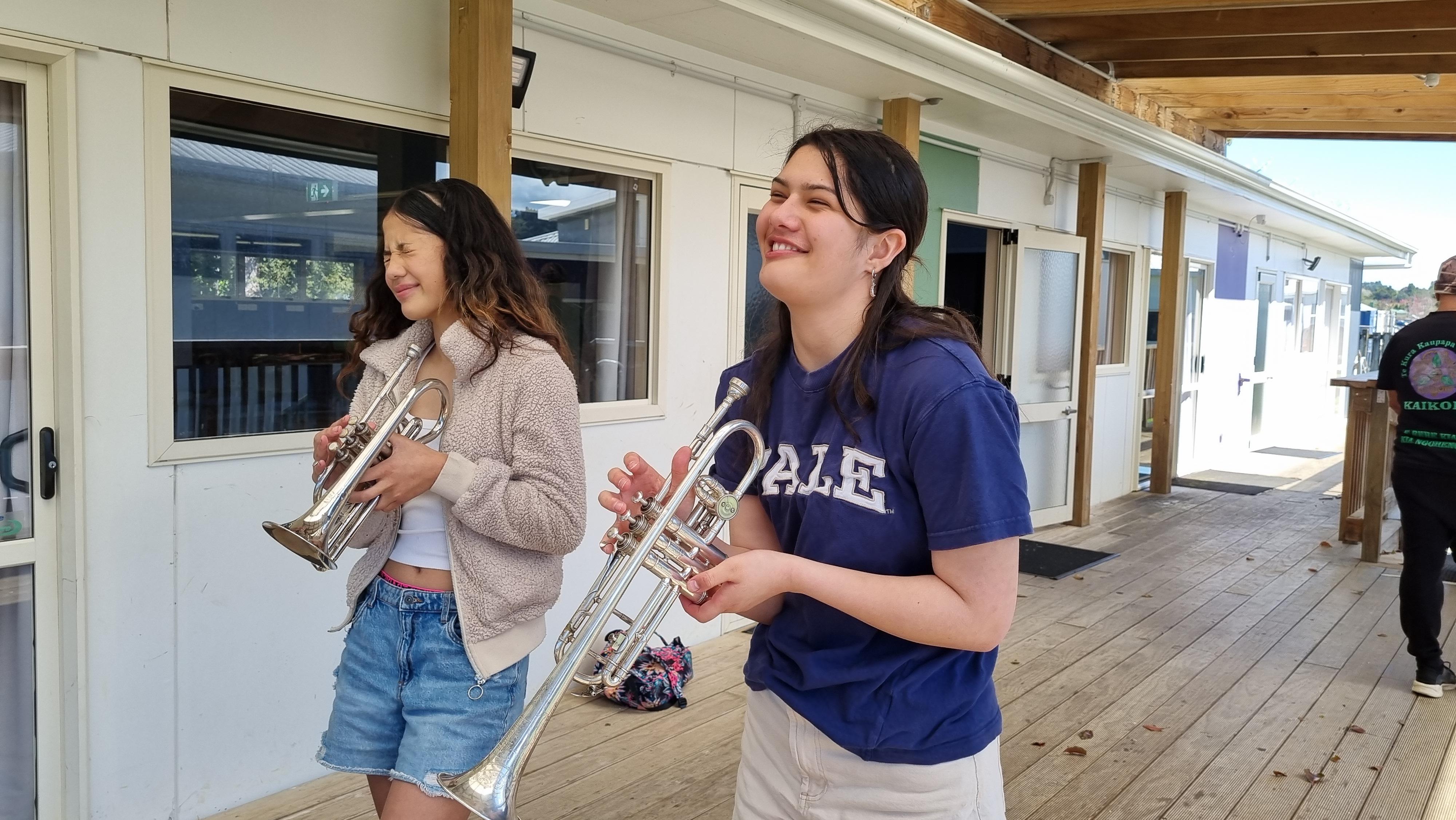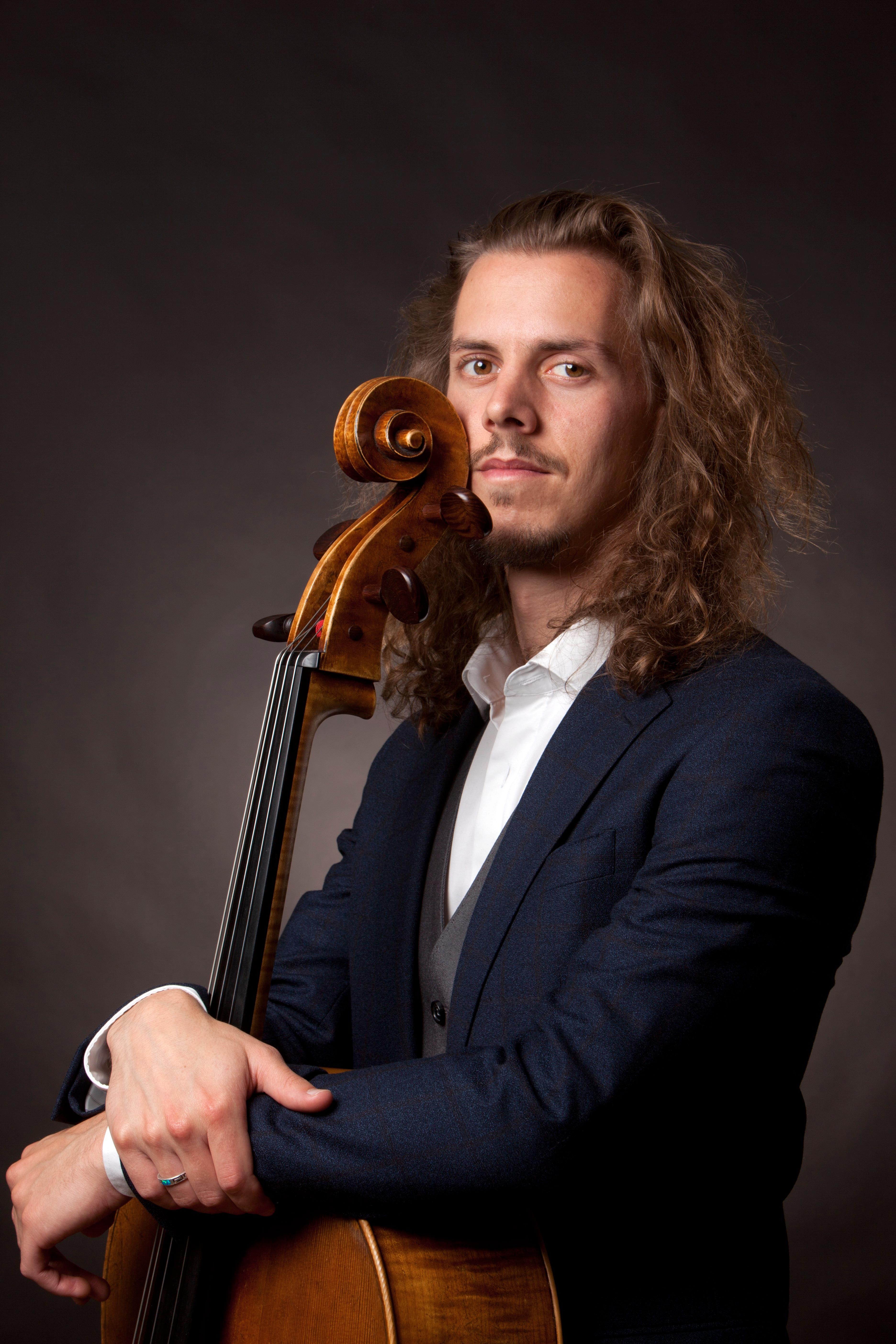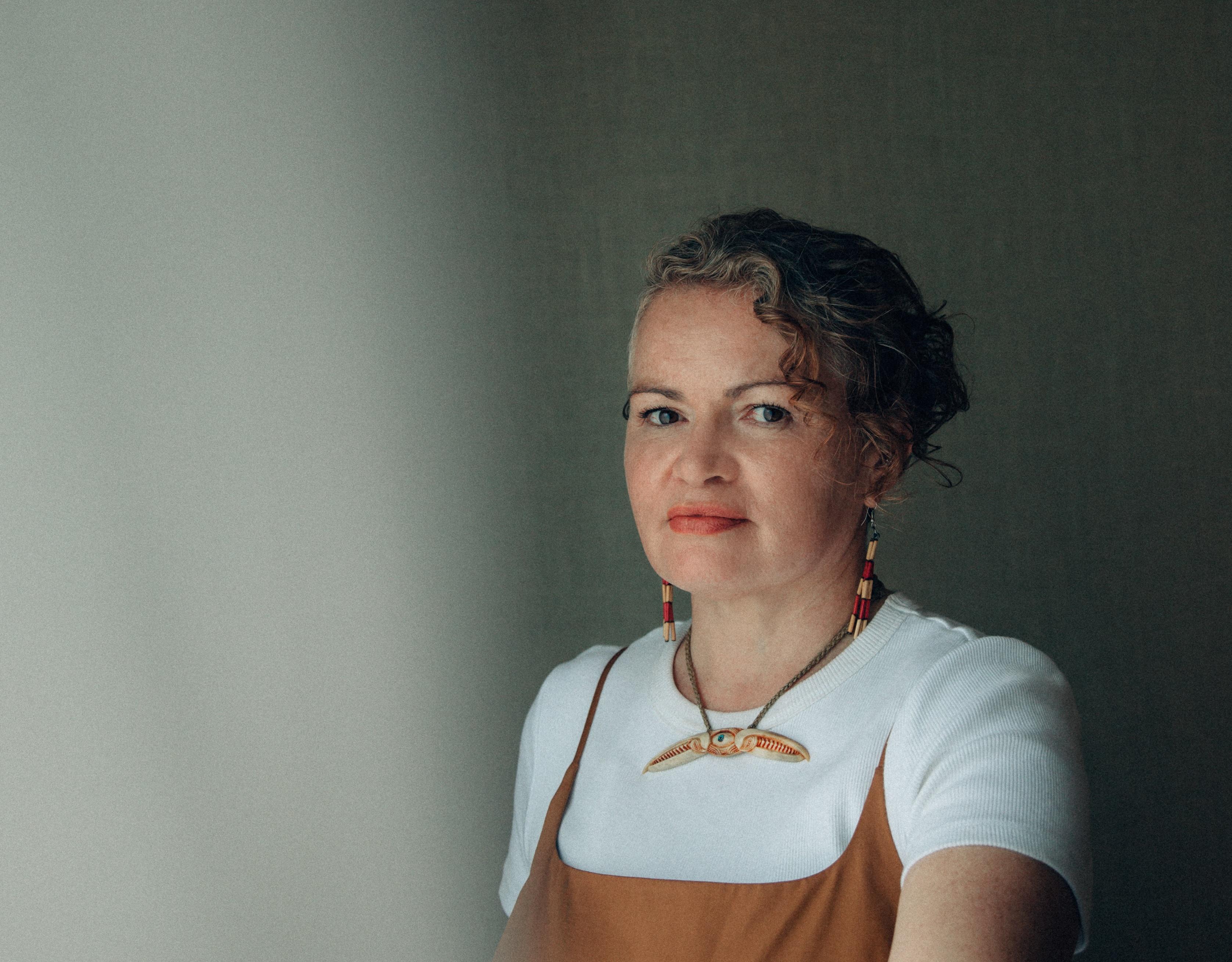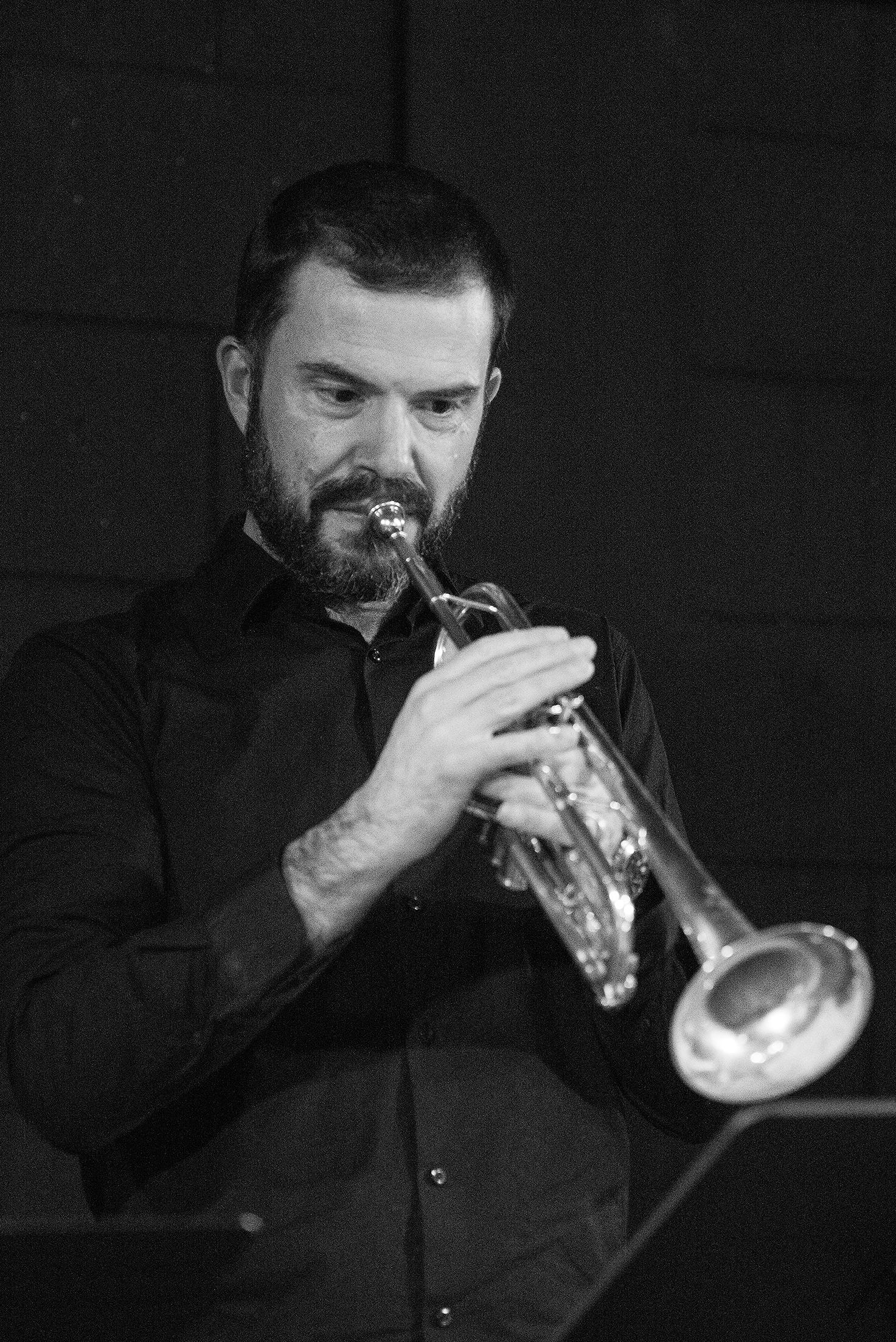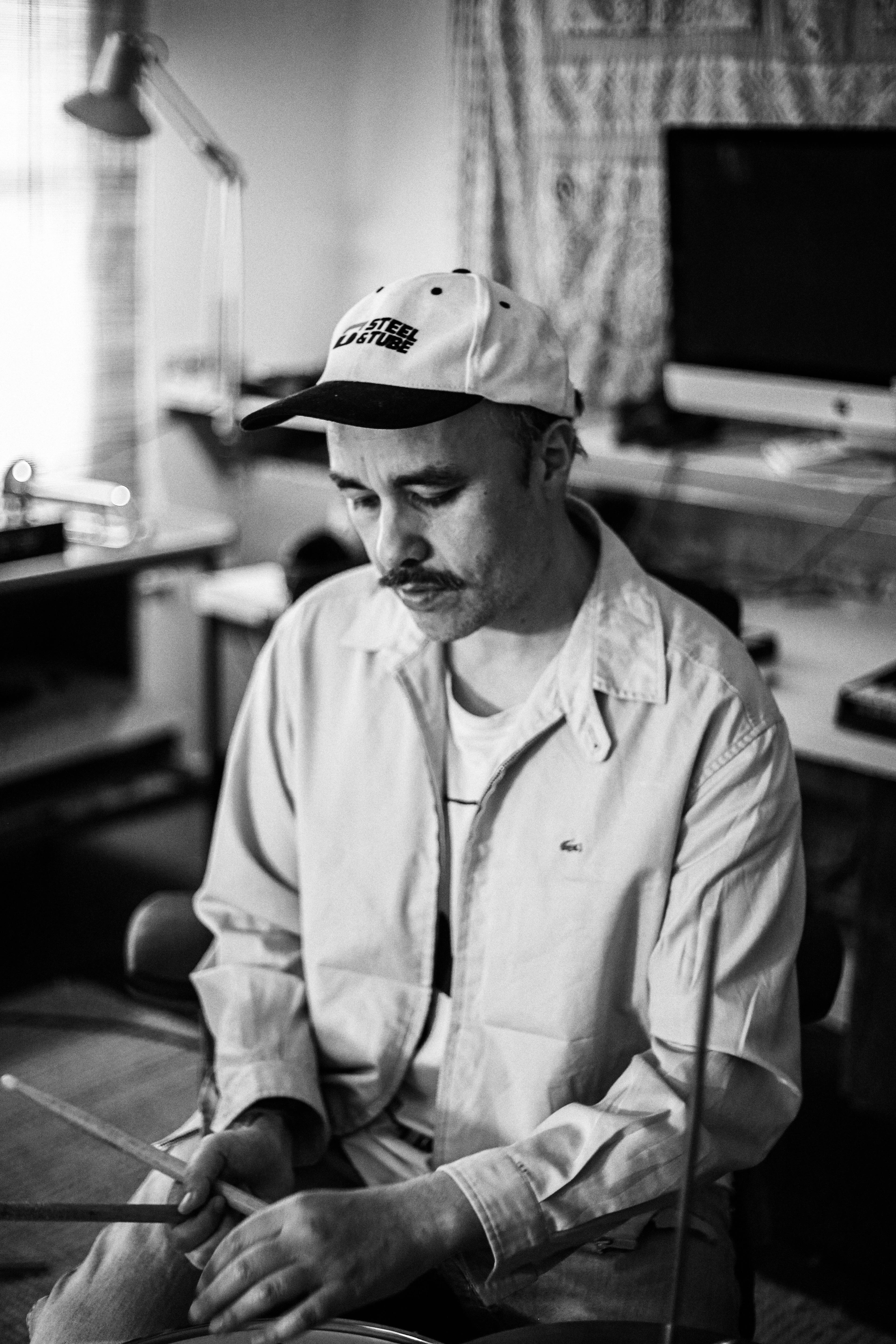VDB artistic director Julia Fredersdorff on the Borderlands suite
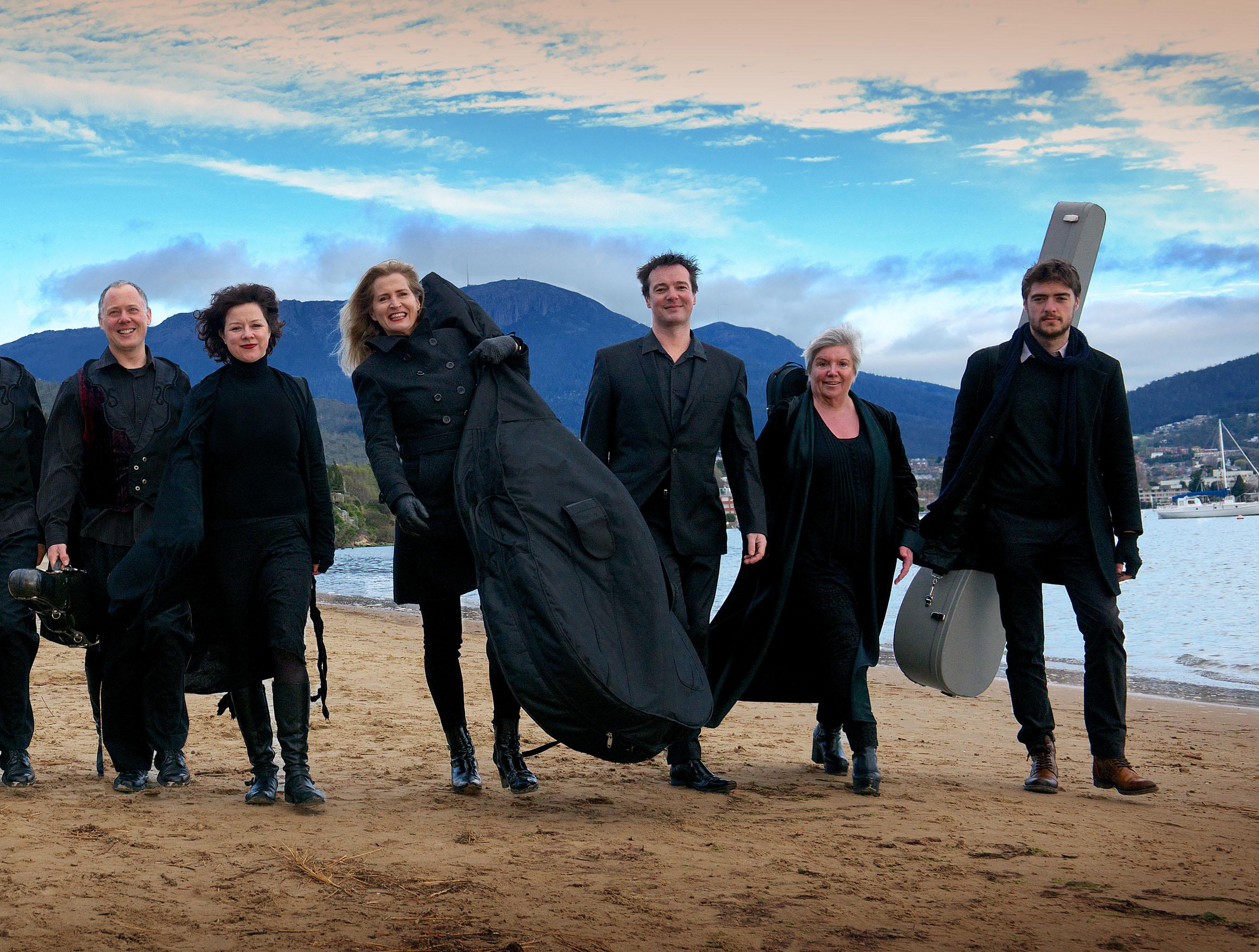
Ahead of Van Diemen’s Band's tour of Aotearoa, we had a kōrero with artistic director Julia Fredersdorff to find out how this colourful programme came about.
Many of the works from the Borderlands suite were written during or in the aftermath of war, by composers turning to lively music for solace and hope – a reality that still rings true today:
The concept of this program was greatly influenced by our situation last year during the umpteenth wave of the pandemic. In Australia, it was impossible to travel from state to state, and particularly in Tasmania, we felt quite isolated from the rest of Australia. It got me thinking about the idea of borders, and how that would have influenced the lives of composers from different backgrounds. In particular, disputed territories such as the borderlands of Germany/France or contested lands. The first composer that came to mind was Georg Muffat, with his multi-national identity brought about by the region in which he was born – a territory with constantly shifting borders. The interesting thing here is that musically, he does not fit into any national characterisation, either; he was trained as a violinist in France, but his background was more Germanic – and he even had Scottish ancestry. He spent a lot of time in Austria and Bohemia (modern-day Czech Republic) but one of his greatest influences compositionally was Corelli, so as a composer he was a true musical polyglot. Because of the pandemic, and having these thoughts within what were at the time our own internationally locked-down borders, I realised that this idea of borders had suddenly become much more of a talking point, and that exploring the idea of borders (or lack of) both in a musical sense, a compositional sense, as well as a human sense, made for very fertile ground programmatically.
Many of the works in our Borderlands programme were written during or in the aftermath of war. Some of this music then served as a vehicle to express those emotions that we find so hard to describe with words. Sometimes the music is programmatic, sometimes it is abstract, but it is one of the truest expressions of the human experience.
When I started curating this programme, the idea of war was something distant, confined to history books – however recent. Now, one year on, war has re-appeared as a menacing presence in our lives. But even now, we see inspiring images and recordings amid the tragedy of war, where people have picked up their instrument and played music to give others courage, to heal, or just to escape that which is almost impossible to bear. Horrible events such as war, and the pandemic we have all been living through, only serve to amplify the need for music, and this is why some of the greatest works of art have appeared like a phoenix from the ashes.
Click here to listen to some of these uplifting excerpts from Van Diemen's Band’s programme, including the propulsive fourth movement (Allegro) from Albinoni’s Sinfonia a cinque, Erlebach’s exquisite “Chaconne” from Ouverture No 2, and the boisterous Sonata jucunda, attributed to Biber – a stately piece that breaks out into extroverted joy.
Other media
View allSpotlight on Te Whitinga Oro
Shared Songs, Shared Stories: The Power of Music in Our Communities.
Artist Spotlight: Q&A with composer John Psathas
John Psathas is one of Aotearoa New Zealand’s most prominent composers, with his work achieving global acclaim. Chamber Music New Zealand is honoured to usher into the world The John Psathas Group, a supergroup of global artists dedicated to bringing John’s music to life. We asked John to share the inspirations that shape his work, what excites him about the tour ahead, and what this project represents for him.
Artist Spotlight: Q&A with NZTrio cellist Matthias Balzat
Adding a viola and double bass, NZTrio He Taonga Wairere will be creating a quintet in the upcoming tour of NZTrio+ to perform Schubert's ebullient and beloved Trout Quintet. We caught up with NZTrio cellist Matthias Balzat and asked him about touring, what he's most looking forward to in the upcoming NZTrio+ tour, and which artists he'd most like to work with.
Artist Spotlight: Q&A with award-winning author Tina Makereti
Ā mua is a groundbreaking new work commissioned by Chamber Music New Zealand for our 2026 season. Incorporating kupu (word), taonga puoro, and orchestral string instruments, it's an exploration of how the past, present and future intertwine and connect. "Ki te Whai Ao, ki Te Ao Marama. Light comes into the world. Matter spirals into being. The history of humanity rolls out—longer and more fascinating and complicated than we can imagine, and you have lived many lives through it, coming into and out of being," writes award-winning author Tina Makereti (Te Ātiawa, Ngāti Tūwharetoa, Ngāti Rangatahi-Matakore, Pākehā), who collaborated with composer and multi-instrumentalist Riki Gooch to create Ā mua. We caught up with Tina and had a chat about writing, her creative process and the experience of working with musicians.
Artist Spotlight: Q&A with trumpeter and composer Cameron Pearce
Trumpeter and composer Cameron Pearce draws on colours from composers Aaron Copland, Steve Reich and Gabriel Fauré and trumpeters Kenny Wheeler and Ron Miles for his original works that he'll be touring with Symposium Brass as part of CMNZ's 2026 Season, Te Hiringa Oro - The Experience of sound.
Artist Spotlight: a Q&A with composer and multi-instrumentalist Riki Gooch
For our 2026 season, Te Hiringa Oro – The Experience of Sound, we commissioned a work called Ā mua, combining kupu (spoken word), taonga puoro, cello and viola. A collaborative creative endeavour by award-winning author Tina Makereti (Te Ātiawa, Ngāti Tūwharetoa, Ngāti Rangatahi-Matakore, Pākehā) and composer, conductor and multi-instrumentalist Riki Gooch (Ngāti Wai, Patuharakeke, Ngaati Maahanga), it's a unique and intimate journey through time and space, blending Māori futurism and universal human stories in an intimate and evocative performance. We caught up with Riki and asked him a few questions about his creative process and the show.
